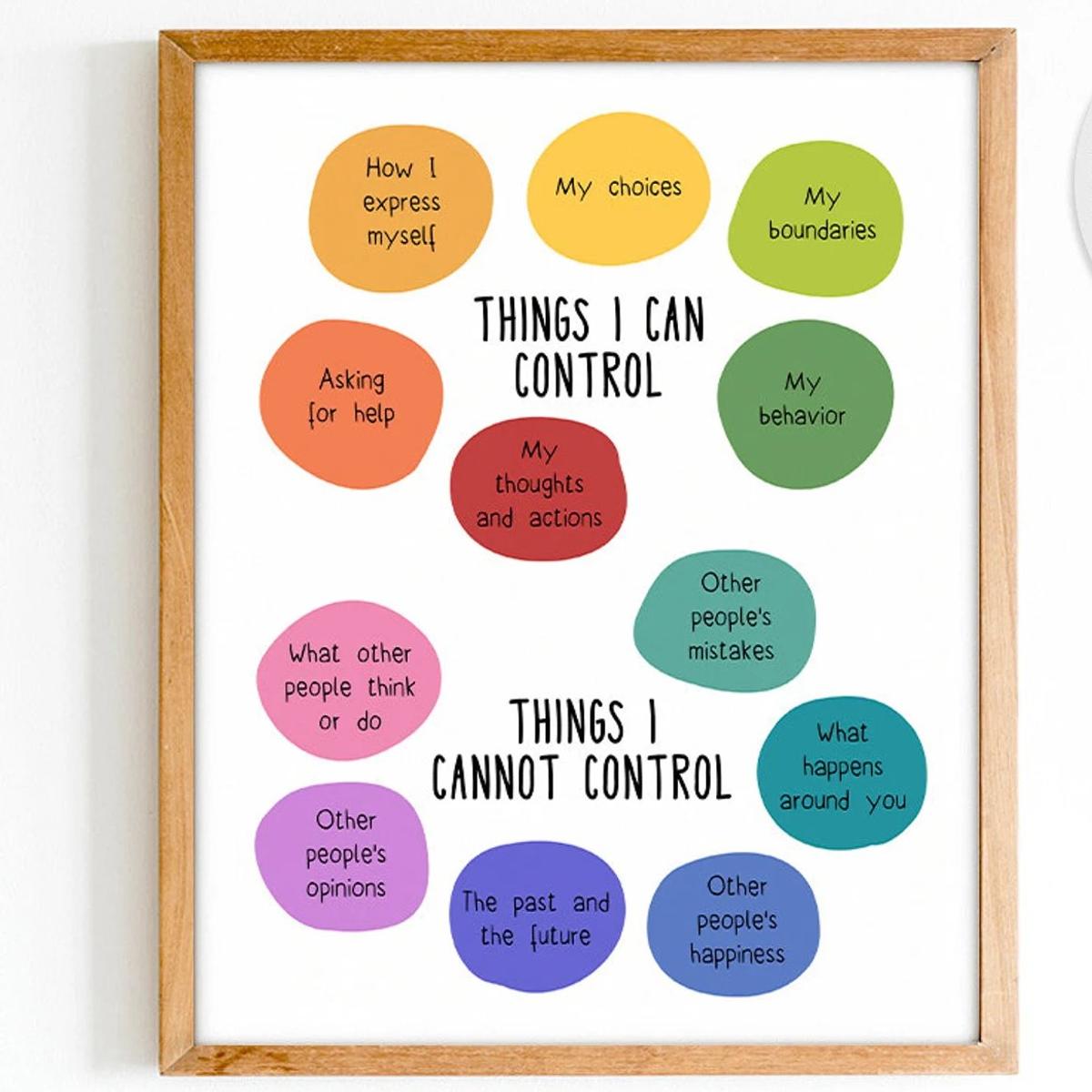Wellbeing

Well-being at GGLPS
It is essential that all students in the school feel safe and know that they belong to a supportive and caring environment. Well-being in a broad sense to us incorporates behaviour management, programs to support students socially and emotionally, and the development of strategies to act responsibly and aid learning. You are encouraged to discuss these ideas and strategies with your children to reinforce what is happening at school.
Christmas Holidays Wellbeing
What are you doing for the holidays? That question may spark a ‘to do’ list for you. While this can be a busy time of the year, I hope that you are able to have some time to break from routine to rest and spend time as a family. I encourage you to think about your child’s wellbeing over the break so they can fully benefit from time away from school.
‘Headspace’ is an organisation whose focus is mental wellbeing. They recommend the following to help children stay in a healthy headspace in school holidays.
- Encourage children to stay connected. Maintaining and building friendships over holidays can help children to continue to build healthy social networks. Children might benefit from playdates with peers. While we know some older children use different forms of messaging, I believe face to face interactions are the best way for our children to connect. Organising catch ups with peers, cousins and friends is great for children’s wellbeing.
- Encourage them to be involved. Being involved in sports, hobbies, clubs and community can help them to feel connected with their community. Also being involved in working together as a family or taking on responsibilities within the family helps them to understand how they can contribute and help others.
- Encourage physical activity. While physical activity has many benefits for our body, it is also great for our mental health because it has been shown to lower stress, maintain balance in emotions and improve concentration.
- Encourage a regular routine. While there are often opportunities for special nights out and sleep ins, the benefits of developing a regular sleeping routine helps children to regulate. This doesn’t mean not having special times and some late nights but maintaining a balance will help your child to be emotionally balanced.
- Encourage healthy eating. Many studies have shown the impact of healthy food on the brain, our bodies and wellbeing. Again, balance is the key, with children understanding which foods are treats and ‘sometimes food’ and which are healthy and fuel their bodies. Open discussions and involving children in food preparation can be a great way to discuss food in healthy ways. A big parenting hint from holidays with my children was to prepare a surprise plate… Surprise plates had a variety of food including a few sometimes food along with lots of healthy vegies and fruit. My kids loved it!
- Encourage play! Play games together. Game playing can also teach children lots of life lessons. If a child loses or wins badly, don’t avoid games, play more. They need more practice at winning and/or losing. Let children play with their toys. Allow time for imagination to flow. Some psychologists have recommended allowing children to be bored as greater creativity is fostered when children aren’t entertained all the time. Within play, it is also recommended to build family guidelines around screen time. While children can be occupied with screens, they need help in balancing their usage as it is difficult for them to maintain healthy usage without adult help. A recommendation is always to have no screens available to children in their bedroom. Screens need to be monitored.
Every blessing for a great holiday and for the times you will spend with your family and the beautiful memories you will create!
Jayne Zadow
Director of PYP, Teaching and Learning

